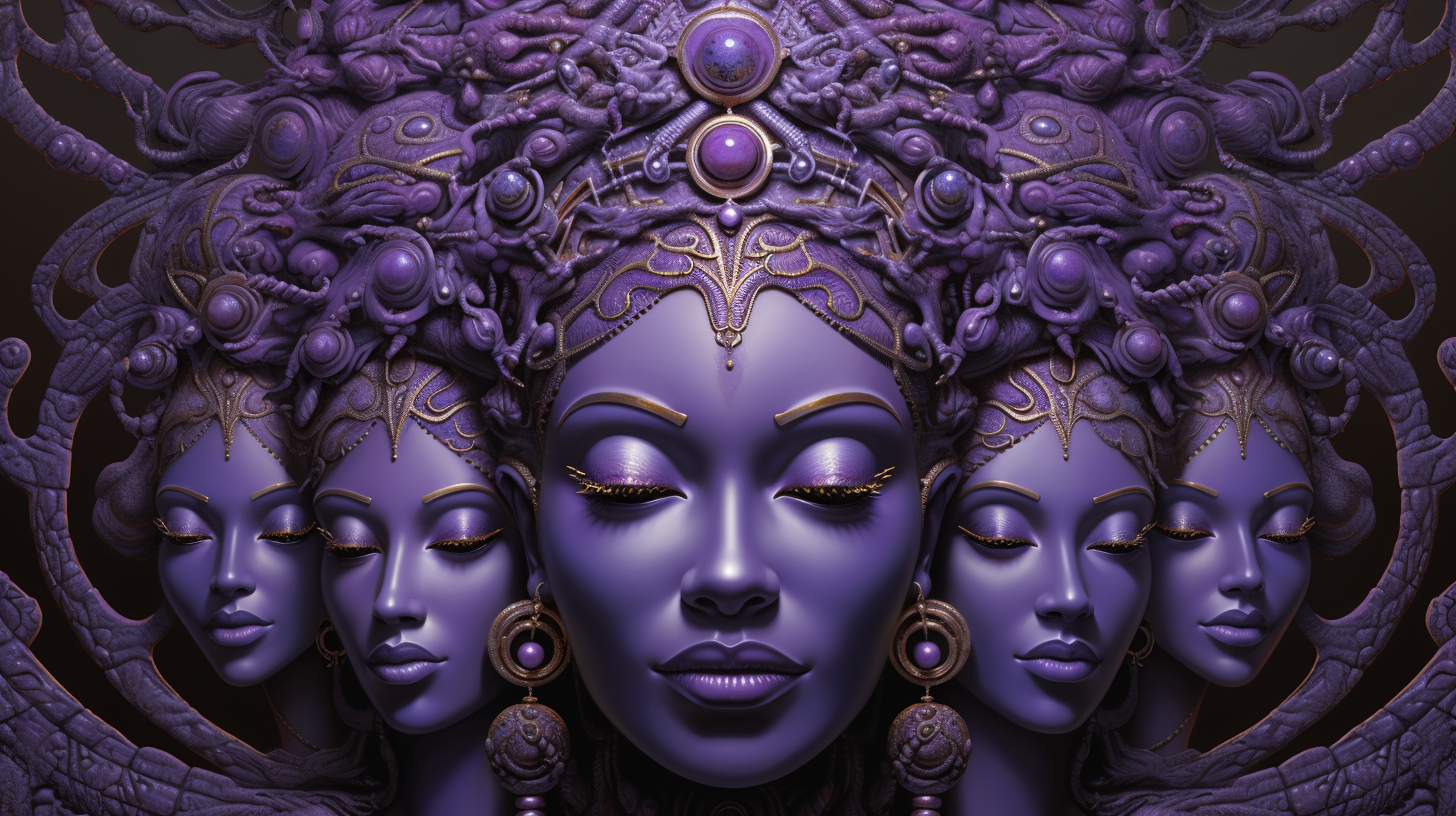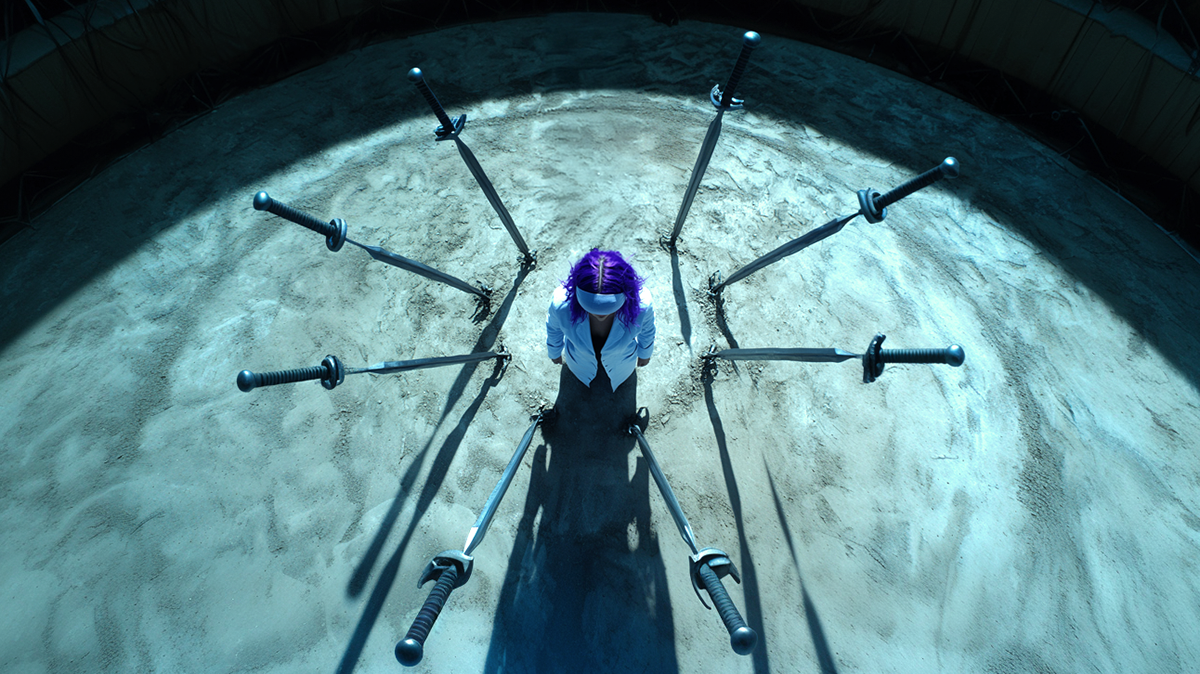The Many Faces of Gender Dysphoria
Too bad your mama couldn't give you a good face!

A common assertion among many transgender people is the abject futility of explaining gender dysphoria to cisgender people. In answer, many cisgender people throw up their hands in disgust at the nebulous claims of gender dysphoria given by transgender people.
Both groups rely upon the ineffable nature of gender dysphoria to withdraw from its discussion. It is easier to accept a stalemate than to find common ground for communication.
On one side, transgender people need not attempt to explain themselves. On the other, cisgender people need not bother to listen. Each group benefits by not engaging in heated discussion. By avoiding the topic entirely, however, short-term suffering is avoided at the price of long-term peace.
I agree describing a perception can be elusive. Some perceptions must be experienced in order to understand them, such as perceiving colors. But gender dysphoria is a common occurrence - one critical to our ongoing development of gender expression as an aspect of the human experience of identity. In fact, many people do not identify their discomfort as gender dysphoria precisely because of the frequency at which they experience it.
In a world subject to alternative facts and science by popular opinion, to default on a difficult argument is to lose it entirely. We in the transgender community in particular cannot afford to allow our opponents to control the narrative. We feel gender dysphoria keenly; we can describe it to those who feel it as minor discomfort. We simply need the proper stories.
The ravages of breast cancer
I know a cisgender woman who feels her body betrayed her by being susceptible from birth to the effects of life in Western society. She endured exposure to toxic substances in her very sustenance: food and drink. The toxicity around her culminated in frightening test results and breast cancer. Her pathology was ultimately mitigated by a unilateral mastectomy - one breast was surgically removed from her body.
But Western society has expectations to which women must live up. Women must be pretty, rich, and thin. They must have large and perky breasts, a flat belly, and a round butt.
My friend - like many breast cancer survivors - is now very sensitive to seeing and discussing breasts. She questions whether she is a woman, because women should have two breasts. Today, my friend feels pain and shame. She intends never to appear in public without a prosthetic breast, which assists in an illusion of feeling whole.
My friend is fortunate. Modern medicine is capable of addressing the physical ailment that afflicted her. Because of her procedure, she will continue to live her life.
Unfortunately, my friend now suffers from gender dysphoria. She has a view of herself from the inside that does not match what she perceives on the outside. Who she knows she is feels false to her in the stark light of her social environment.
The affirmation of bottom surgery
I know a transgender woman who feels her body betrayed her by being configured from birth with male genitalia within Western society. She endured exposure to a toxic environment in her very sustenance: family and friends. The toxicity around her culminated in lifelong shame and an attempt at suicide. Her pathology was ultimately mitigated by a vaginoplasty - male genitalia was surgically removed from her body and reshaped into a clitoris, labia, and vaginal canal.
Western society has expectations to which men must live up. Men must be handsome, rich, and strong. Men must have toned muscles, a flat belly, and a sports car.
My friend - like many transgender women - is very sensitive to being misgendered as a man. She is a woman in body and spirit. Today, my friend's pain and shame are largely gone. She appears in public proudly, because now she feels whole.
My friend is fortunate. Modern medicine is capable of addressing the physical, psychological, and spiritual ailment that afflicted her. Because of her procedure, she is now able truly to live her life.
My friend suffered from gender dysphoria that has now evaporated. The view she had of herself from the inside now matches what she perceives on the outside. Who she knows she has always been feels true even as she walks in the discrimination and transphobia of her social environment.
The human experience of gender
Western society sanctions the misery my cisgender friend feels - her disappointing experience is appropriate. But Western society does not sanction the euphoria my transgender friend feels - her uplifting experience is inappropriate.
We are taught some humans are allowed to alter themselves physically, but some humans are not. Surgical alteration, such as breast augmentation, hair plugs, liposuction - anything that might be featured in the song "Dance: Ten, Looks: Three" from "A Chorus Line" - is authorized.
The caveat is: the recipient must be cisgender. Transgender care is not authorized. Yet both elective surgical care and transgender care address the same illness: gender dysphoria.
Ron DeSantis wears shoe lifts. Donald Trump persists in his abominable hairstyle. Both alter their appearance to feel more comfortable in their gender, to present themselves in a way that improves their self-image. Both also fail to acknowledge the motivation of their actions: gender dysphoria.
Suffering - any suffering - must not be condoned. If I could wish for a better world, I would wish my cisgender friend was a good candidate for breast augmentation. She might feel better about herself, and as a corollary, be kinder and more accepting to the rest of the world.
In contrast, I thank the gods my transgender friend could be made whole. Not only does she face a life free of shame, she inherits a life laden with self-love. She can pass her love to others, enriching their lives and the lives of generations to come.
The marvels of modern medicine
Every day, we are presented with countless opportunities to observe gender dysphoria. And not just in transgender people - gender dysphoria is a frequent and typical process of developing gender expression in every human life.
Western medicine - regardless of any other comment I may make against it - is capable of addressing gender dysphoria if we just authorize its use.
The hallmark of Western society - the characteristic believed indicative of its superiority over any culture to have preceded it - is the primacy of science. The wonder of Western medicine is hailed for its indiscriminatory elevation of all willing and able to pay for health, beauty, and mental well-being.
Why would we choose people who must suffer? If Western medicine can address a problem, why do we legislate against its use by a certain sector of the population?
Gender dysphoria is gender dysphoria regardless of age, genetics, religion, and social environment. Not to address gender dysphoria is to sentence its bearer to a slow death.
Choose instead to live and let live. Choose to find yourself outside another person's acceptance and sanction. None of us is a tool to be discarded when blunted. None of us is a plaything for society to experiment. Each of us is human, and that means to love, to laugh, to cry, to die...but first to have lived.
Each of us controls the narrative of our lives. It’s time we reclaim that narrative from those who would use it against us.




